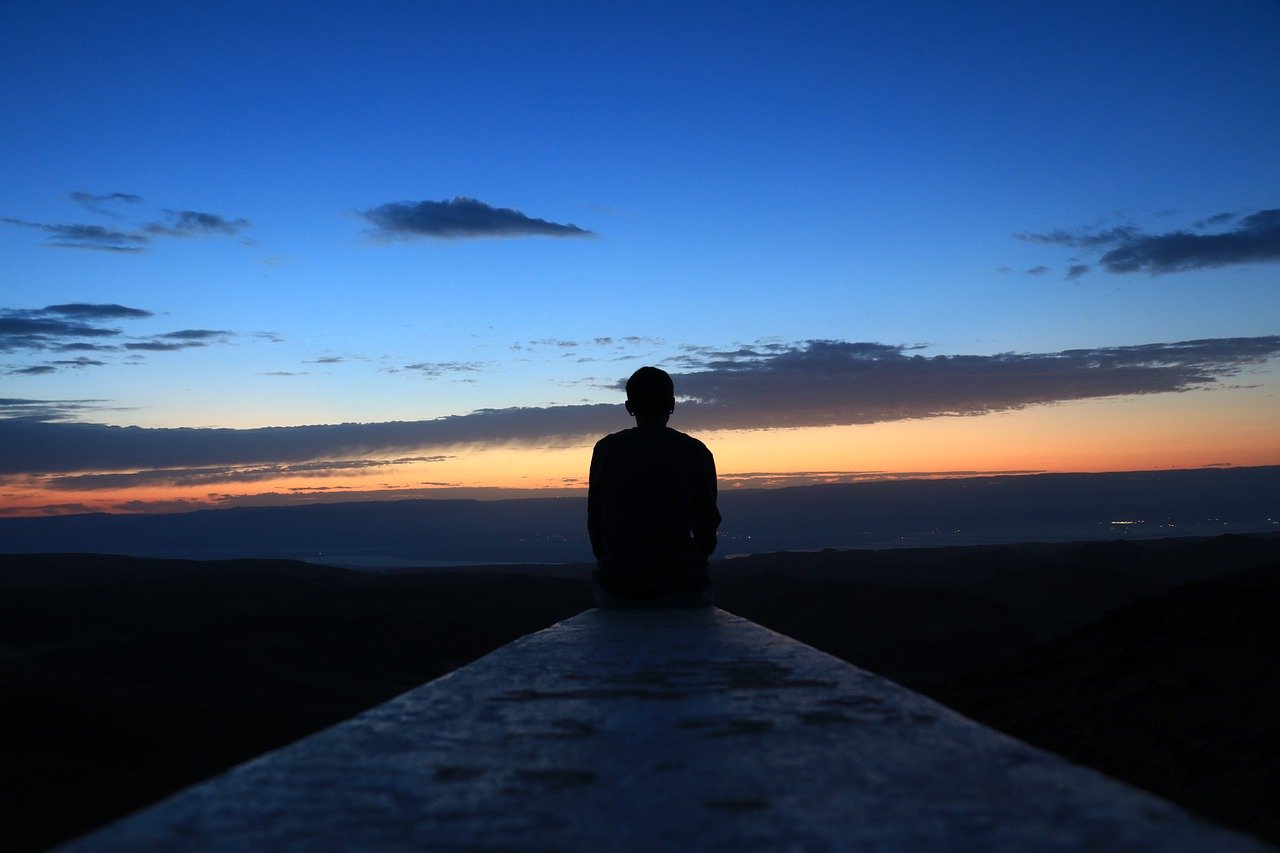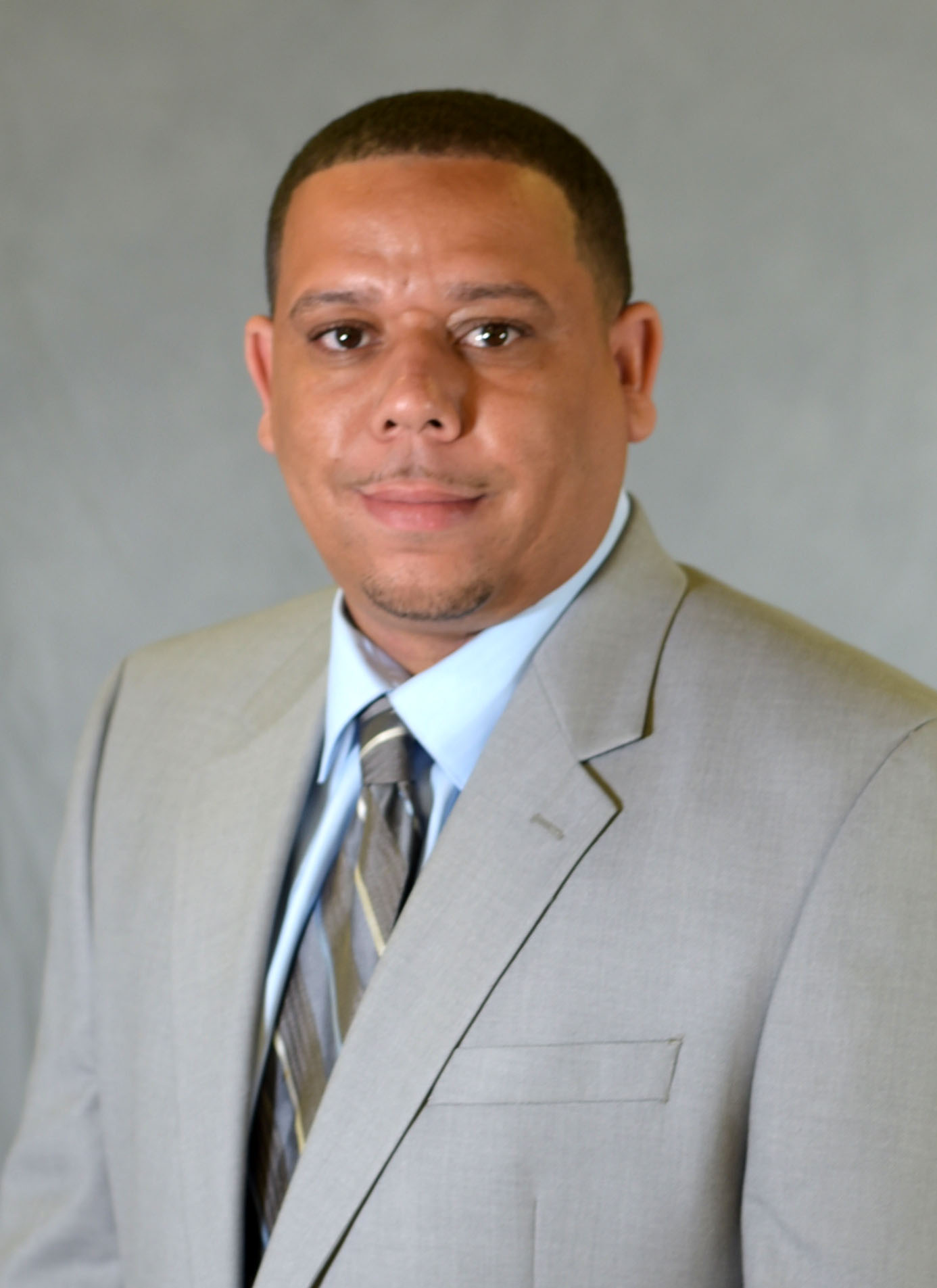Photo courtesy of Pixabay
By Yennifer Ho, Staff Writer.
With the spawn of regulations during the COVID-19 pandemic including canceled events, social distancing, and quarantining, many people all over the world, including students, are experiencing some level of social anxiety returning back to “normal life”. Actions like maintaining eye contact, asking for help, meeting new people, and scheduling plans can feel intimidating to do again after nearly three years of the pandemic. For people with social anxiety disorder, these actions are even more difficult to accomplish.
In simple terms, social anxiety disorder is a chronic mental health condition characterized by the excessive fear of being judged negatively in social situations. Other emotional symptoms can include worrying about future events and feeling like running away. Physical symptoms can include stumbling over words, having an upset stomach, and experiencing dizziness.
According to the Anxiety and Depression Association of America, social anxiety disorder affects 15 million adults, which is nearly 7% of the U.S. population.
First-year CSUDH student, Gerardo Sanchez, has always struggled with social anxiety.
“The thought of going back on campus is exciting to me but I feel like I’m going to have a really hard time trying to socialize with new people,” he stated.
Most of the friends he has made were when he attended middle school and since they are going to different colleges now, he feels lost making new friends. Additionally, he mostly socializes with them online rather than in person.
Sanchez emphasized the build-up of anxiety he gets when a social event is planned even when he is meeting up with his close friends. However, he states it eventually goes away when they get together and interact with each other like their usual selves.
Despite some setbacks, Sanchez is optimistic about finding new ways to become more social. His best method of alleviating some of his anxiety is socializing more online which includes joining new Discord servers and playing multiplayer games.
For instance, he plays VRChat, an online virtual platform where players from all over the world can interact with each other’s avatars in multiple different worlds.
“It’s still really hard since the moment someone talks to me, I just freeze up and don’t know how to reply which leads me to close whatever I’m playing and not feeling good to go back on for the rest of the day or night,” he admitted.
“Being stuck at home with literally nothing to do wasn’t very motivating to my social health and it still impacts me to this day,” Sanchez said. “Even when I have social events planned out with friends, I still hesitate since I feel like I don’t have that social touch anymore.”
CSUDH Mental Health Educator, Josephine Lara, stated that people can do a lot to manage social anxiety, and getting professional help is a good place to start.
There are a lot of resources on campus that can help. She mentions group therapy sessions held such as the Anxiety Toolbox and Mindfulness for Stress Reduction.
“Anxiety Toolbox is a fast-paced three-session workshop intended to help students increase their understanding and knowledge about anxiety,” Lara said. “The goal is to provide students with skills to recognize and manage anxiety symptoms you[they] may be experiencing.”
Other strategies that can help relieve social anxiety include practicing self-care and opening up to friends. Small practices like giving yourself compliments and checking in on your mental health build up over time. Most importantly, remember that you are not alone and that your anxiety does not define who you are.
If you or someone you know is experiencing anxiety, please visit the CSUDH Student Psychological Services located in the Student Health Center.


